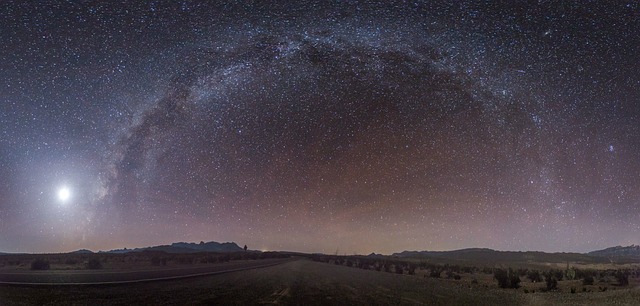The European Space Agency has unveiled the first results from its Gaia satellite: a detailed 3D map of the Milky Way Galaxy, the most complete to date, featuring billions of stars. Gaia has been scanning the sky since 2014, and its ultimate goal to create the most accurate, detailed and comprehensive map of the galaxy.
Using Gaia’s data, scientists are now able to position around 1.142 billion stars, 400 million of which have not previously been identified. It’s 20 times more than the previous map, which was also created by the ESA but using the Hipparcos satellite from 1989 to 1993, the New York Post reports.
Alvaro Gimenez, the ESA Science Director, shares that Gaia is charting the skies at precisions that the world has never seen before.
As large as these numbers are, it’s only what Gaia has shared in the first 14 months of its five-year mission, meaning there are plenty of stars and other celestial bodies waiting to be documented.
This galaxy has an estimated 100 billion stars.
Gaia is in orbit 932,000 miles away and has a 1 billion-pixel camera that is able to measure the diameter of human hair from 600 miles away. With Gaia’s information, as well as data from Hipparcos and other spacecrafts, scientists are able to estimate movements and distances for some two million stars and will have more to work with as the satellite continues to beam back data.
There are close to 450 scientists and engineers working to process and confirm Gaia’s data. Anthony Bowden of Leiden University, who chairs the group of analysts, says that Gaia has ushered in a revolutionary era in astronomy. The scientists have even compared this new 3D map to Galileo’s famous chart of the 17th Century Orion on a historical scale.
The information the satellite continues to gather will “investigate our place in the universe, from our local neighborhood, the Solar System, to galactic and even grander, cosmological scale,” Bowden says.
























